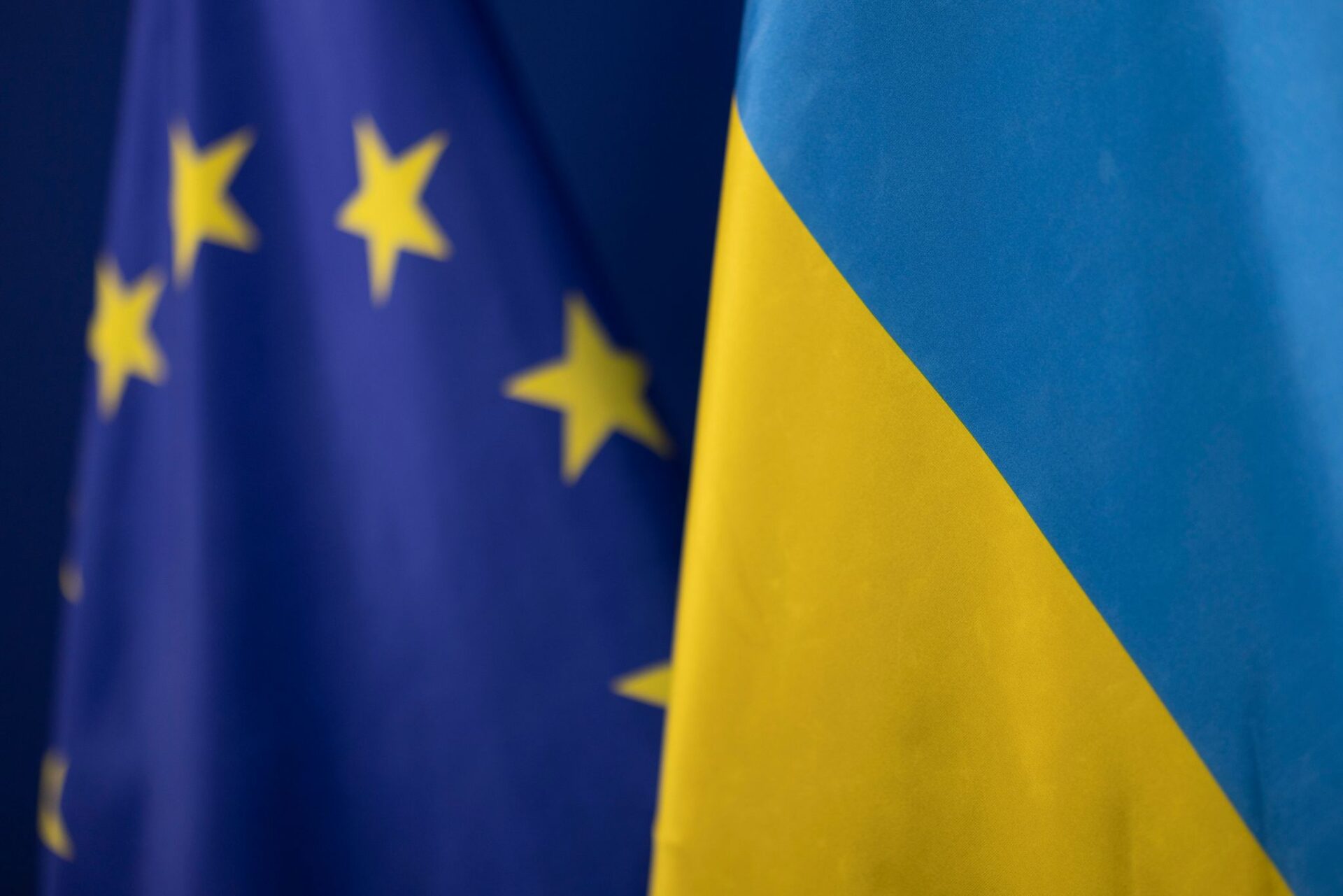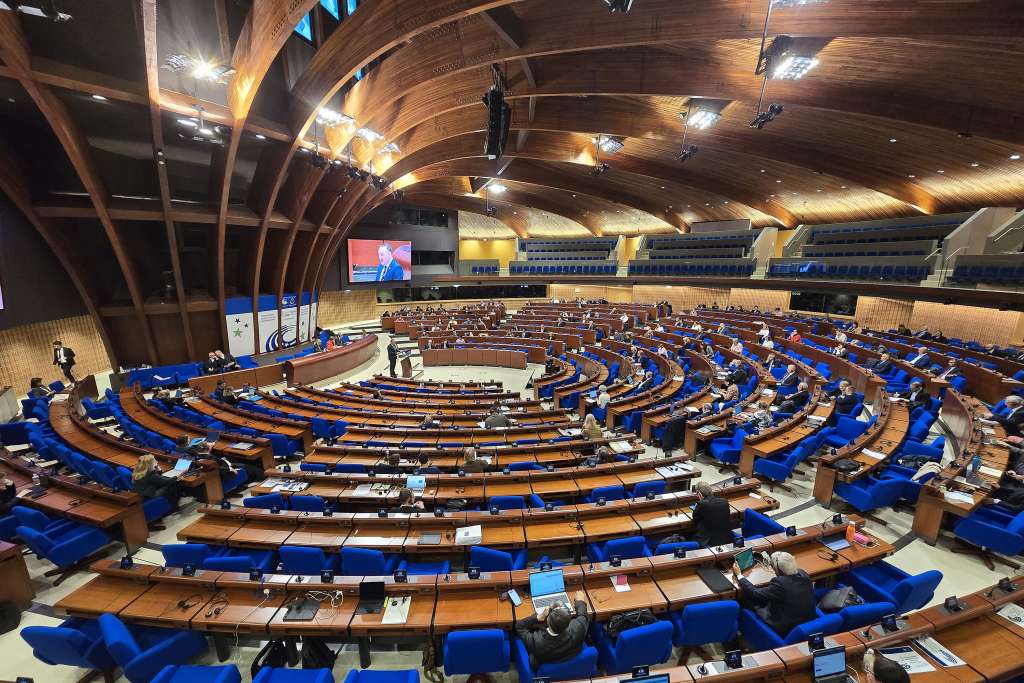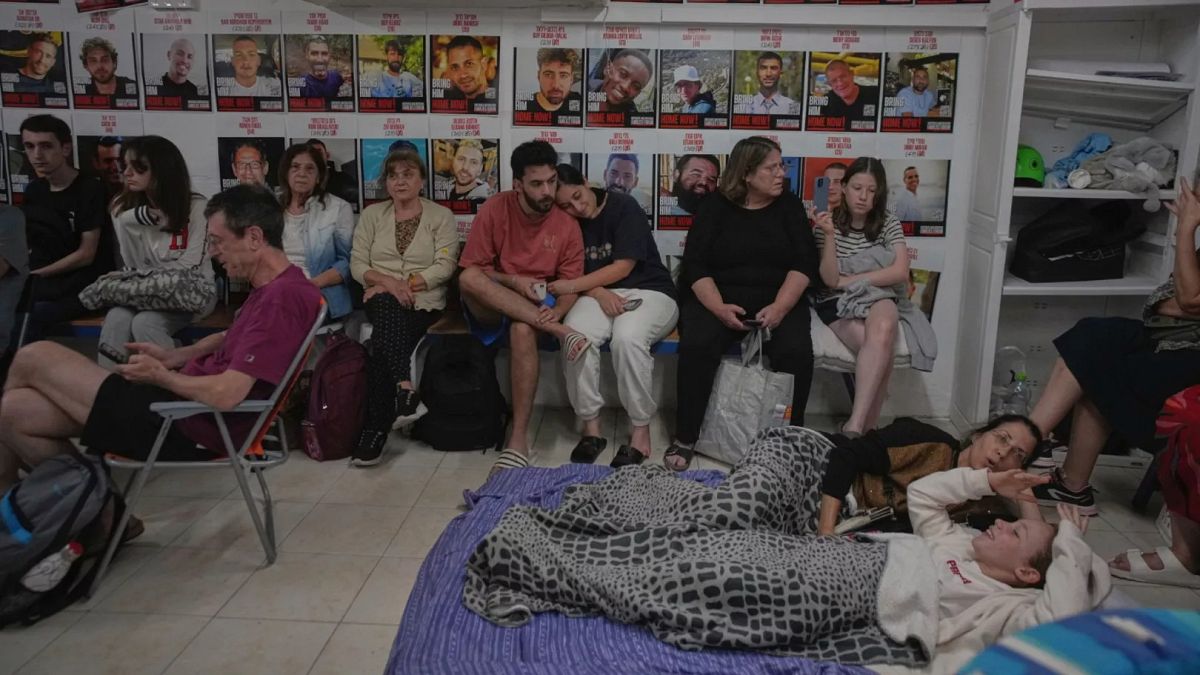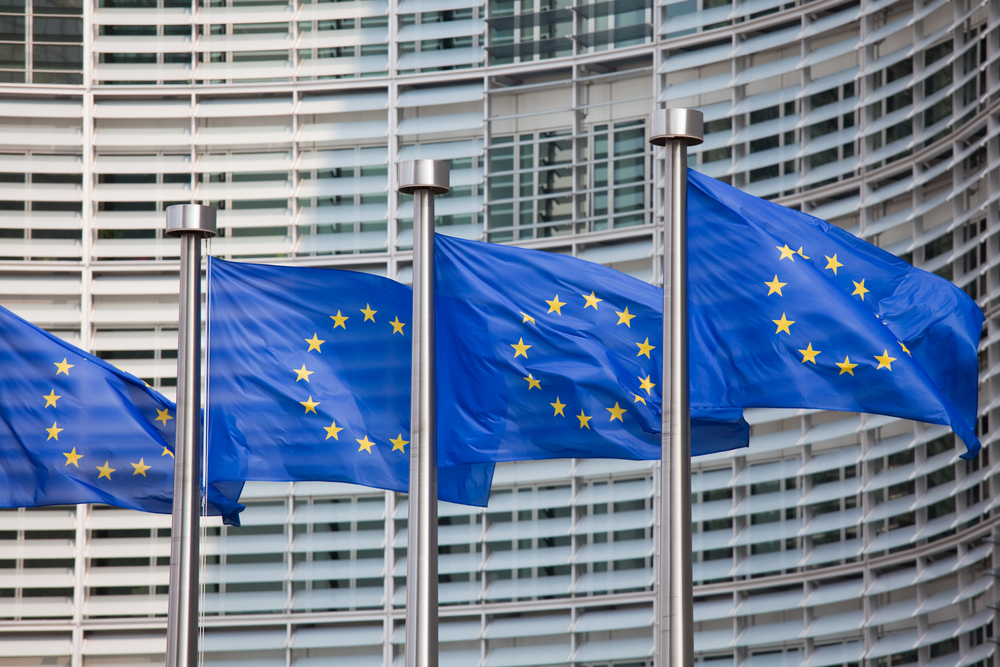Slovak MEPs reacted to power outages on the Iberian Peninsula

Brussels/Strasbourg – Members of the European Parliament (EP) addressed the incident related to the massive power outage that affected Spain, Portugal, and parts of southern France during the May plenary session. Two Slovak MEPs from the EP Committee on the Environment also commented on this issue and the possibilities of preventing similar incidents for TASR.
Michal Wiezik (RE, PS) reminded that despite the ongoing investigation into the reasons for this incident, many already identified renewable energy sources as the main culprit on the first day (April 28).
“The right and far-right continue to hold on to this version, and even in the plenary of the European Parliament, they spoke about the climate fanaticism that plunged Spain and Portugal into darkness,” he stated. He clarified that renewable energy sources are a vital alternative to conventional ones, but their operation depends on diversification and a quality transmission and storage system. The EU has known this since the 1990s, yet it still does not have transmission and distribution networks technologically and capacity-wise prepared for their massive connection. This was, according to him, a likely reason for the power outage on the Iberian Peninsula.
“Operators of transmission systems in continental Europe are assembling a panel of experts to investigate the incident,” he explained. The interconnectors with France and Morocco also helped stabilize the grid after the incident, which, according to him, indicates that the interconnection of systems and reliable partners are key to energy stability and security.
Wiezik emphasized that besides sufficient storage capacity, autonomous and hybrid systems can also prevent power outages and their consequences. Hybrid systems utilize energy from both the public grid and their own production, and since they can operate autonomously, without support from the public grid, they supply energy even during power outages.
“The future belongs to renewable energy sources, and let’s be honest, massive outages and accidents have occurred and continue to occur even during the times of reliable coal, gas, and nuclear,” the MEP stated.
Monika Beňová (non-attached, Smer-SD) noted that the mentioned power outage led to significant disruptions, particularly in the transport sector, resulting in the suspension of trains, subways, and the collapse of traffic signage.
“Energy experts have been warning about the instability of networks for years. They primarily link it to the hasty and often poorly thought-out increase in the use of renewable energy sources,” the MEP stated. In her opinion, the problem is primarily the persistent instability of these sources, adding that only traditional fossil energy sources can ensure stability, which, however, are increasingly being replaced by renewable sources in many parts of Europe.
“Slovakia has a certain advantage in terms of its energy mix, as a large part is provided by nuclear power plants, which are considered a stable source. However, it is also necessary to learn at the European level, for example, in the implementation of the goals of the European Green Deal. As they are promoted today, they only increase the risk of blackouts in other parts of Europe,” Beňová described the situation. (May 8)
“The future belongs to renewable energy sources, and let’s be honest, massive outages and accidents have occurred and continue to occur even during the times of reliable coal, gas, and nuclear.” Michal Wiezik





















































.png?Expires=1838763821&Key-Pair-Id=K2ZIVPTIP2VGHC&Signature=IO0~CT3pU-TcxGc~yoZSmoQx23MZVuK-~4jSii~NKEblRmyO3el7NXPu~Rh1o23voASg7hlcHLw4kvQuDK1jssEhcjoNBBvEpZ~GGOAU6yosBhpHpeF179F~h7i6VxmsBNh9gtTutkoqY73O2YCFey~IAqSzKbBqETP1kP9cAg1916Z1YkJJs-5MliMrkZ5d7-mWGLbpHp2wGj2VlMph8XzYlL4~y1O7fB~JdIS~Rs4RMRs2x0WT1qUIpHAsf3GdwtOyAmKFSpIg8xCyNGZZ5h~13nXlmpd7uPvW8tBfttpG9pFTqcway-uch5WyfHOEfi7UlJCOWrr6fCYY5PMgSg__)







